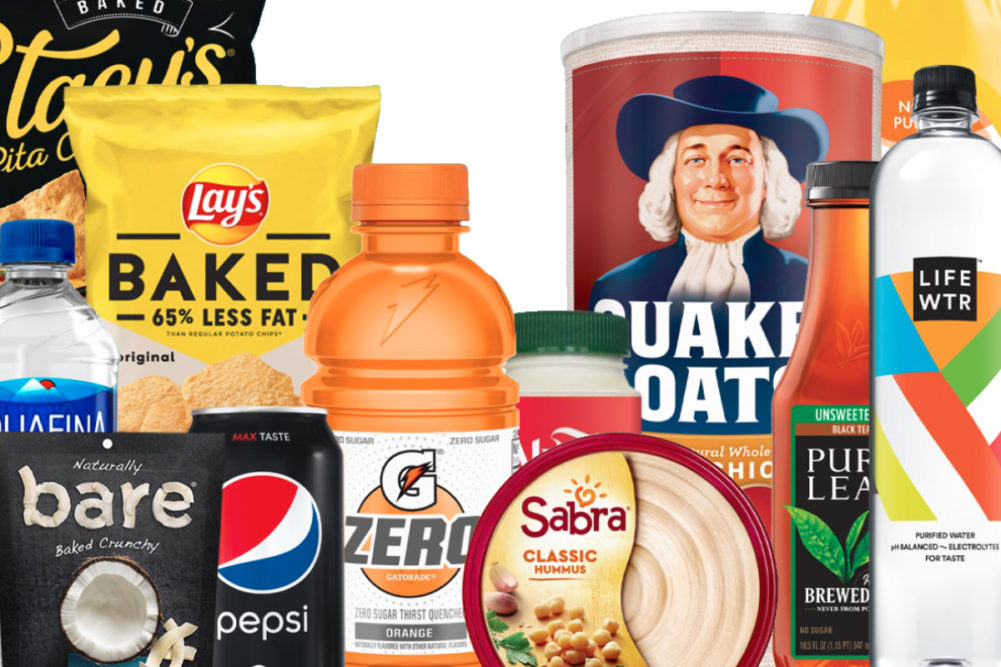PURCHASE, NY. — PepsiCo, Inc. continued to make progress reducing added sugars, cutting sodium and eliminating saturated fat during 2019. The efforts have the Purchase-based company on track to meet product formulation targets it hopes to reach by the end of 2025.
As of 2019, 47% of PepsiCo’s beverage portfolio volume in its top 26 beverage markets met its 2025 added sugars reduction target, up from 44% in 2018. The company has set a goal of 67% by 2025.
One way PepsiCo has improved upon its goal is expanding the availability of Pepsi Zero Sugar around the world.
“Since the beginning of 2016, we've expanded the availability of no-sugar Pepsi Black, also known as Pepsi Zero Sugar in the US, and Pepsi MAX in Western Europe, to 95 markets,” PepsiCo noted in its 2019 Sustainability Report issued on June 18. “Pepsi Black made its debut across the Middle East and North Africa in 2019, launching in major retailers in the Kingdom of Saudi Arabia, United Arab Emirates, Egypt, Jordan, Kuwait, Oman, Bahrain, Libya and Morocco.”
PepsiCo also has set a goal to reduce sodium so as to not exceed 1.3 mg of sodium per calorie in 75% of its foods portfolio volume by 2025. As of 2019, PepsiCo was at 61% of its portfolio in its top 23 markets, up from 58% in 2018.
In 2019, SunChips Harvest Cheddar, sold in the United States, was reformulated to meet the company’s sodium goal, PepsiCo said.
A third product goal established by PepsiCo is not to exceed 1.1 grams of saturated fat per 100 calories in 75% of its foods portfolio volume by 2025. PepsiCo said 62% of its portfolio in its top 23 markets met the saturated fat requirement in 2019, up narrowly from 61% in 2018.
“In 2019, we completed significant saturated fat reduction projects across three of our key East Europe markets,” PepsiCo noted in its sustainability report. “This work impacted 30 recipes across our Lay’s brand in Russia, 16 recipes across the Lay’s brand in Ukraine, and 18 across multiple product types in Poland. This effort reduced the average saturated fat per 100 grams by approximately 17% across these three markets.”
For the full report, click here.






